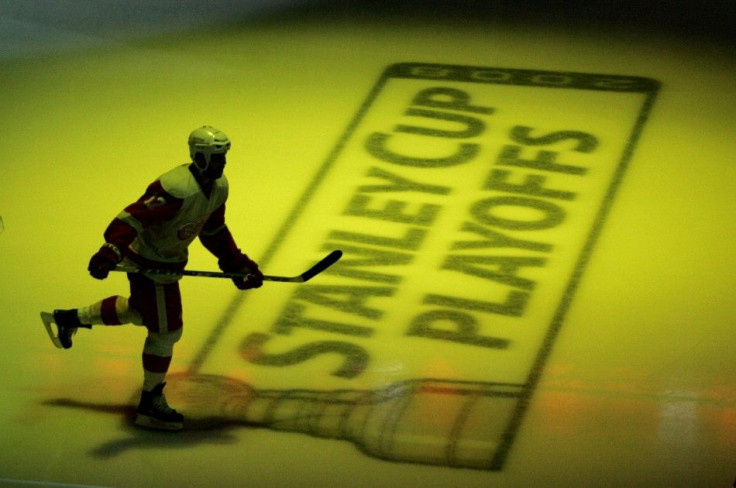NHL Lockout Over: 11th Hour CBA Deal Ensures Jan. 19 Season Start Date

Hockey fans across the land woke up Sunday morning screaming for joy with the news that the NHL and the NHLPA had comes to terms on a tentative agreement that may be enough to salvage the remainder of the 2012-13 season.
Word came at the end of a 16-hour marathon bargaining session with both sides communicating through federal mediator Scot L. Beckenbaugh, who is already being credited in the blogosphere as the one person sane enough to see what was on the verge of being lost.
The NHL was in the midst of its second lockout in eight years and had already canceled more than 50 percent of the regular season schedule when Commissioner Gary Bettman announced Jan. 11 as the final date where a deal would have to be met else the season would be lost.
The season will start on Jan. 19 or before and will not last less than 48 games. The next stage in the process is for both sides to ratify the CBA (which is a 10-year agreement, ensuring fans will be able to rest easy for at least a decade) and to “cross the T’s and dot the I’s,” as Bettman told reporters.
“Hopefully we're at a place where all those things will proceed fairly rapidly and with some dispatch," said NHLPA Executive Director Donald Fehr. "We'll get back to business as usual just as fast as we can. Hopefully within a very few days the fans can get back to watching people who are skating, not the two of us."
Hockey-related revenue, which has been the main crux of the lockout negotiations, will be split 50-50 between owners and players for the entire CBA, per TSN. Each team will also be allowed two amnesty buyouts for players they regret signing following this season and the next, to count against an owner’s checkbook but not against a team salary cap.
Teams signing a player off the free agent wire may offer only a contract with a maximum length of seven years, eight if re-signing their own player. Salary variance in a player’s contract cannot exceed 35 percent between seasons and the final year must be within a 50 percent variance of the first year.
That latter stipulation is in place to combat long-term deals that the league brass saw as a clear circumvention of the salary cap; Ilya Kovalchuk and Roberto Luongo both have contracts that come to mind.
July 1 remains the start of the signing period for unrestricted free agents, staying put despite pressure from NHL owners to move it back to July 10.
Discipline will remain in the hands of NHL executive Brendan Shanahan, although a neutral third party will get decide on the validity of a suspension worth more than six games.
Unlike the lockout in 2004, this CBA negotiation initially seemed like it had little chance of wiping out the entire season. As tempers flared on both sides of the bargaining table - in part because of an offer from NHL ownership proposing a 57/43 revenue split that reportedly incensed the players union - the ego battle threatened to do just that.
“Everyone is obviously relieved that it's over and done with, for all intents and purposes, and we're able to kind of move on to what we kind of enjoy doing a lot more than this,” said Phoenix Coyotes captain Shane Doan.
© Copyright IBTimes 2024. All rights reserved.











